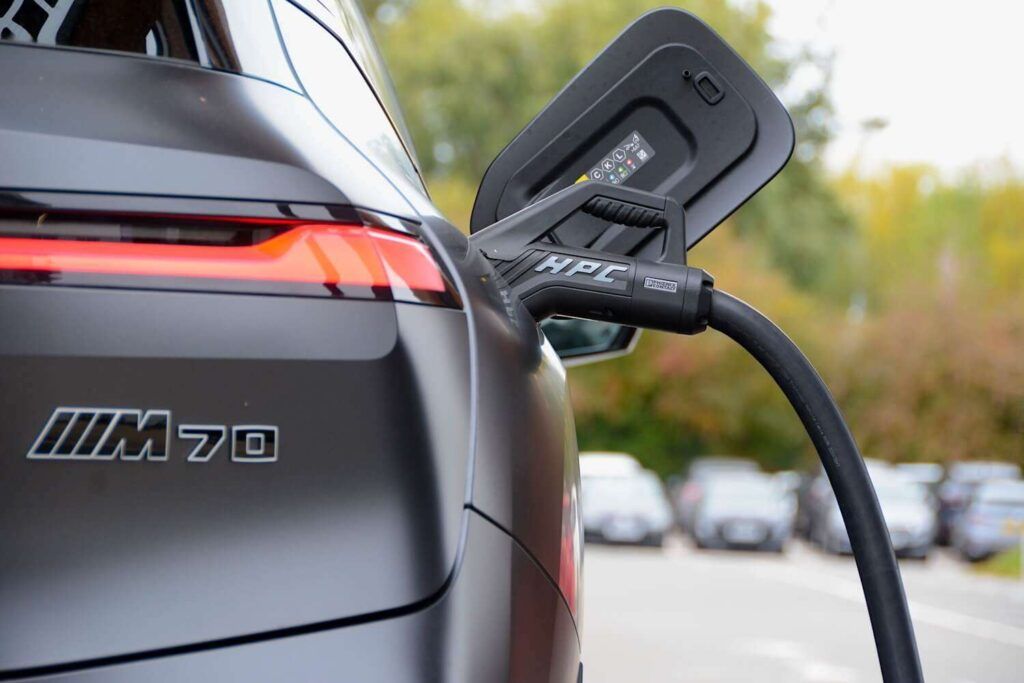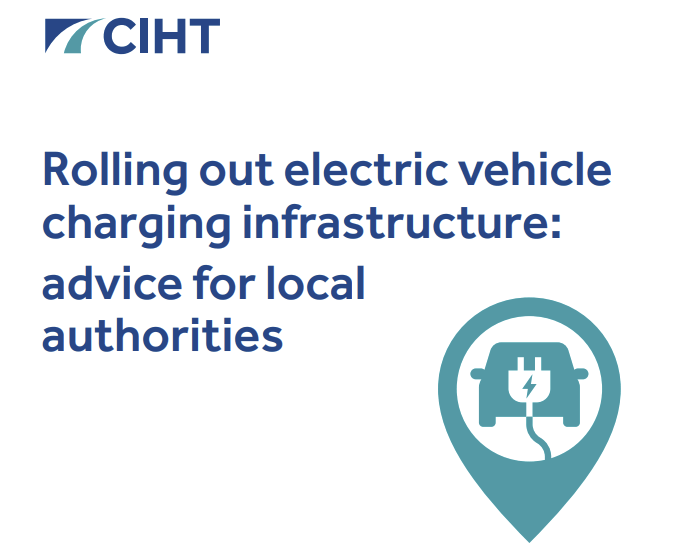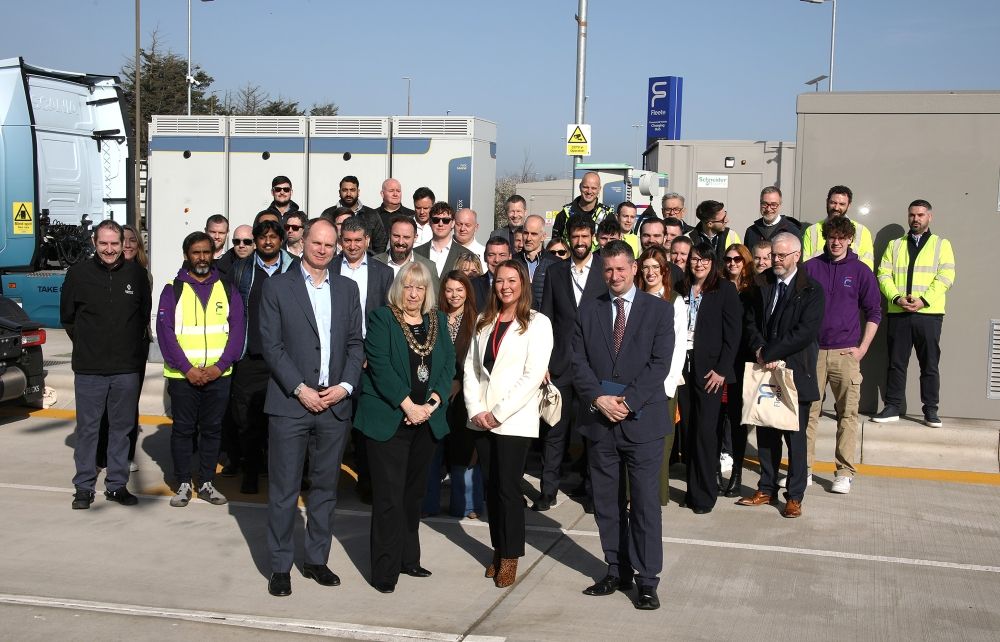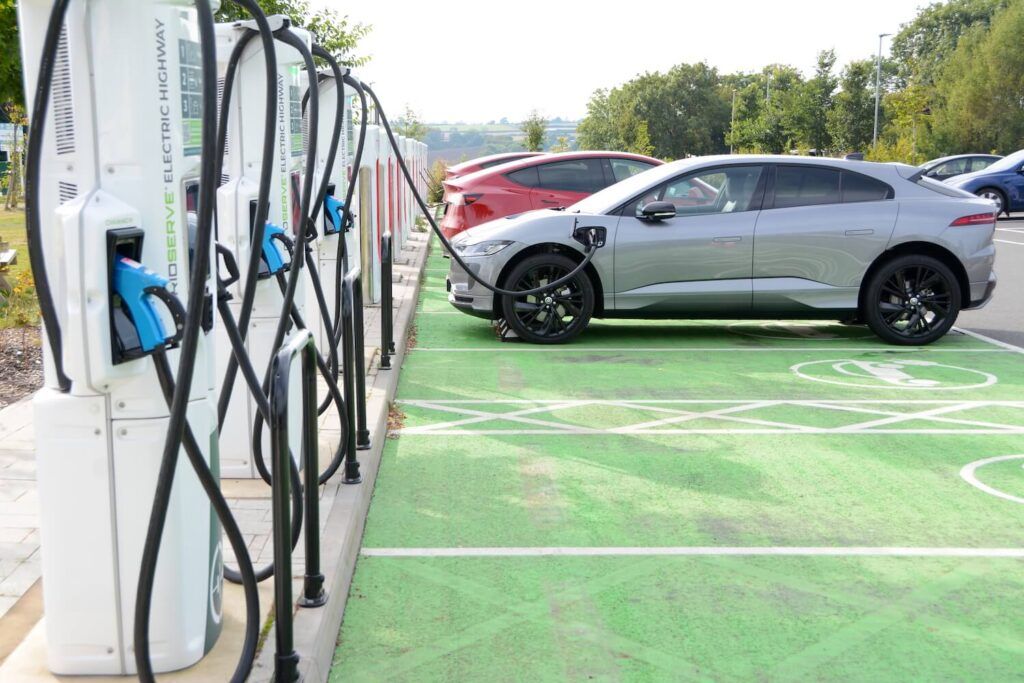A new generation of electric vessels could help to power London’s energy network, generating income for vessel operators and reducing emissions in London.
The Electric Thames project, a collaboration between UK Power Networks, LCP Delta, and Marine Zero, is assessing the viability of using electric vessels to feed stored electricity back into the capital’s energy network as part of net zero plans.
Using a principle similar to night storage heaters, battery-powered vessels on the Thames could store green energy when it is cheap to do so, such as when the wind is blowing or sun is shining, and feed it back to the grid during peak electricity hours.
Most of the boats currently rely on fossil fuels, but increasing numbers of Thames vessel and quayside operators are moving to electric power sources.
The Electric Thames project team, currently in scoping phase, will consult quay owners, vessel, and other stakeholders in order to understand the opportunities for investing in electrification and a sustainable route to revenue.
Andy Hurley, director at Marine Zero, said:
“Electric Thames isn’t just about achieving zero emissions on our capital’s river – it is even more exciting and significant than that. Along with our project partners at LCP Delta and UK Power Networks, we are developing a completely new approach to increasing energy flexibility by developing new income streams new and flexible solutions for vessel and quay operators.”
Luca Grella, head of innovation at UK Power Networks, said:
“This is a first-of-its-kind project in the UK, and one that is operating at the forefront of energy innovation. Tapping into this potential will not only help us create a cleaner Thames for everyone but will also give us an additional supply of flexible, green energy which will help our transition to a decarbonised energy system.
Phillip Twiddy, Senior Consultant, LCP Delta, commented:
“The project aims to help the marine sector lower their emissions yet also have certainty in their energy source. It will also help to accelerate the energy transition.”
Image courtesy of UK Power Networks












